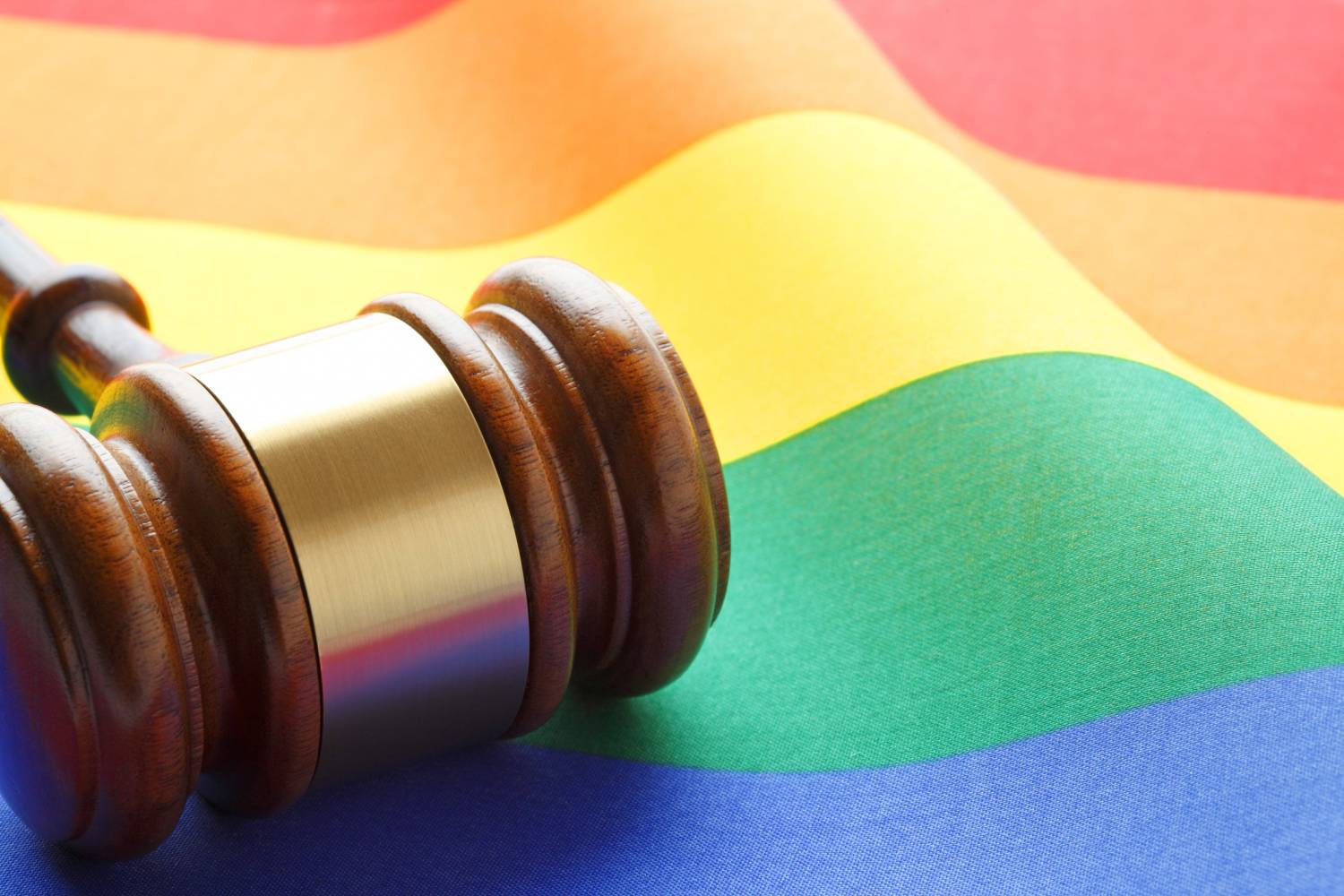
LAMBDA LEGAL ARCHIVE SITETHIS SITE IS NO LONGER MAINTAINED. TO SEE OUR MOST RECENT CASES AND NEWS, VISITNEW LAMBDALEGAL.ORG


The U.S. Court of Appeals for the Second Circuit today granted en banc review in Zarda v. Altitude Express, the case of a New York skydiving instructor who was fired from his job because he was gay.
Today’s order means the full court will hear the employment discrimination appeal on behalf of Donald Zarda’s estate. At stake in the case, in which Lambda Legal has filed a friend of the court brief and later substantially contributed to the Zarda rehearing en banc petition, is whether Title VII protects gay and lesbian people because antigay discrimination is a form of sex discrimination.
The Second Circuit’s decision to hear Zarda en banc – only the third en banc review the court has granted since January 2011 – follows a groundbreaking decision last month in which the Seventh Circuit ruled en banc in favor of Lambda Legal client Kim Hively in a similar case of antigay discrimination.
“The Second Circuit’s decision to rehear this case is extremely significant,” said Greg Nevins, Employment Fairness Project Director for Lambda Legal. “Lesbian, gay and bisexual people are losing their jobs because courts are interpreting civil rights law too narrowly. The current precedent in the Second Circuit is archaic and out of step with public opinion, but the full circuit can fix that. We are seeing more and more federal judges recognize that a proper interpretation of civil rights law does protect lesbian, gay, and bisexual workers from employment discrimination. In less than a year’s time, we could see two, or even three full circuit courts issue favorable rulings; the momentum is overwhelming for the simple proposition that no one should be fired because of who they are.”
In addition to the ruling in Hively v. Ivy Tech Community College, Lambda Legal’s cases challenging employment discrimination include Evans v. Georgia Regional Hospital, an Eleventh Circuit case in which the LGBT rights organization has also petitioned for an en banc hearing and is awaiting the full court’s announcement on whether it will hear Evans’s appeal.
In September 2010, Zarda, a skydiver, filed a lawsuit in U.S. District Court for the Eastern District of New York against his former employer, Altitude Express, Inc, alleging that the company violated Title VII of the Civil Rights Act by discriminating against him because of his sexual orientation. The district court ruled against him.
Tragically, in October 2014, Zarda died in a base jumping accident in Switzerland. He is survived by his sister, Melissa, and former partner, William, the executors of his estate.
In January 2017, Gregory Antollino argued an appeal on behalf of Zarda’s estate asking a three-judge panel of the Second Circuit to revisit its precedent and hold that sexual orientation discrimination is a form of sex discrimination and therefore illegal under Title VII. The three-judge panel ruled against Zarda’s in April 2017, but held that Zarda would be entitled to a new trial if the full Second Circuit agreed with his arguments about Title VII.
For years, Lambda Legal has been explaining to courts that Title VII, when properly understood, protects LGBT employees. Three of Lambda Legal’s successful efforts in 2014, in federal courts in Seattle, Chicago and Washington D.C., were cited by the EEOC in Baldwin v. Foxx.
The Hively ruling made the Seventh Circuit the highest federal court to reach the conclusion that workplace discrimination based on sexual orientation is a violation of the sex discrimination protections of Title VII of the Civil Rights Act of 1964, a decision which could change the national landscape of employment law for LGBT people.